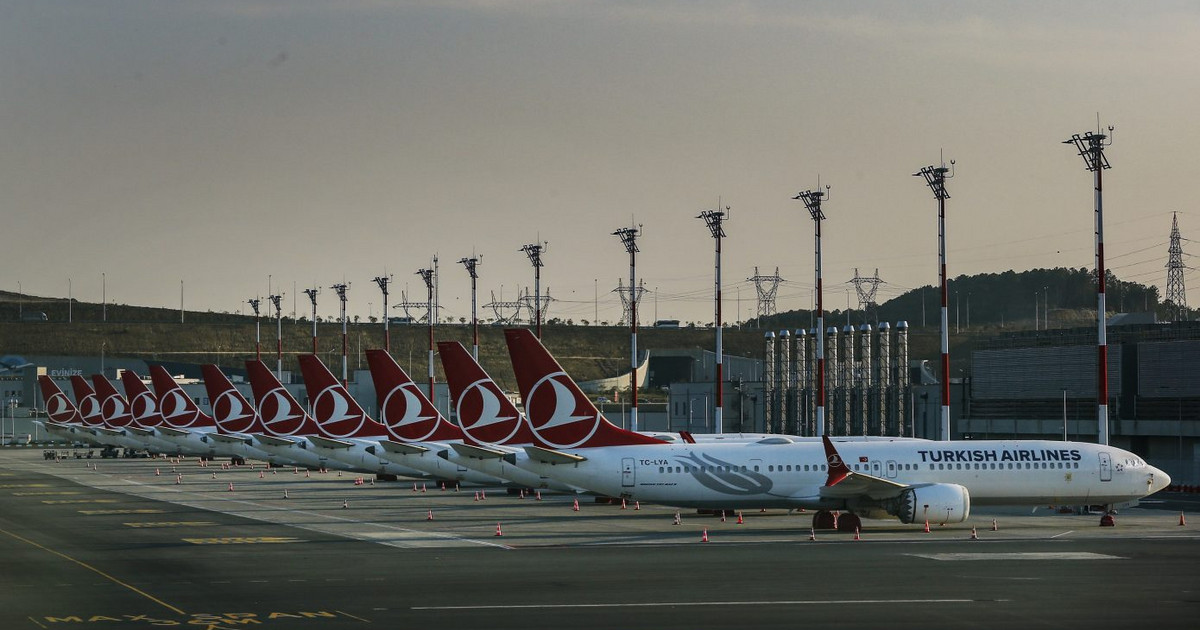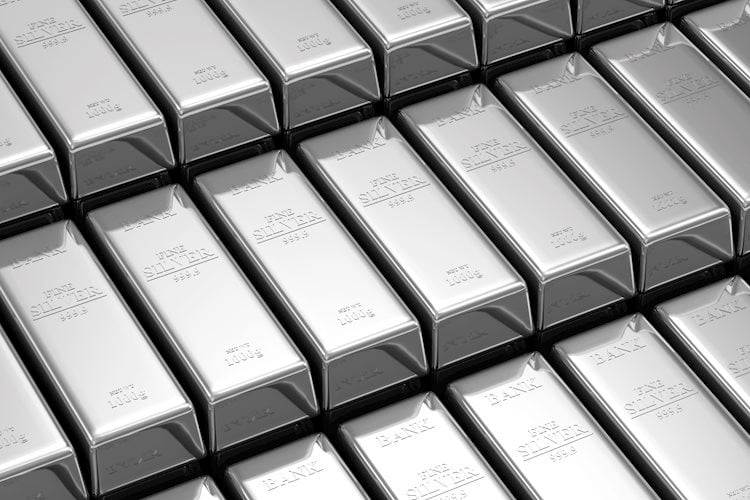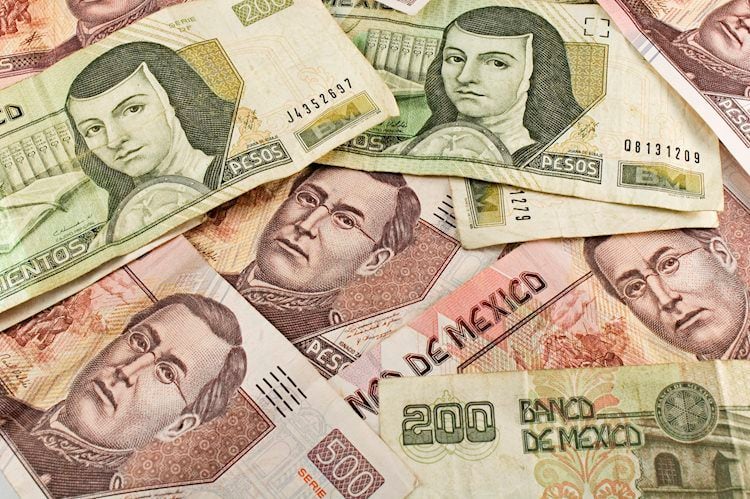Of Tilak Doshi
Wars of attrition are defined as those during which opposing forces do not face off in direct combat with all of their forces, but instead aim to exhaust each other over a period of time.
Classical free trade is largely voluntary and mutually beneficial to the contracting parties. But unilaterally imposed economic policy sanctions that force certain desired patterns of international trade and economic exchange can be seen as attempts to win a war of attrition.
The latest headlines on the “attrition front” from Germany, the epicenter of the continent’s volatile energy geopolitics following the start of Western sanctions against Russia, seem unbelievable at first glance. It was only about a month ago when a Deutsche Bank report predicted that “wood will be used for heating purposes wherever possible.” Business Insider headlined its column with the headline “Germans could turn to wood this winter to heat their homes as Russia withholds natural gas, says Deutsche Bank”.
Last week, Bloomberg’s Javier Blas tweeted the “chart of the day” showing that Google searches for firewood (“Brennholz”) have skyrocketed over the past two months as Germans increasingly realize that firewood ( yes, firewood!) may stand between them and a frozen power-rationed winter “as the country prepares for natural gas shortages.”
Citizens of Germany – living in the pre-eminent tech nation with flagships BMW and Audi in manufacturing and the world’s leading petrochemicals sector characterized by behemoth BASF and more – face the prospect of surviving the winter as their ancestors did two centuries ago , perching around a hearth of firewood. Never mind that many of them, including their leaders, truly believe like Greta that continued fossil fuel use will lead to planetary doom (in 12 years or mid or end of the century along the climate risk spectrum).
Russia vs “West”
A few days after the start of Russia’s “special military operation” in eastern Ukraine on February 24, the US, the UK and the European Union along with their closest allies (Australia, Canada, Japan, South Korea and some other countries) they imposed the most extensive economic surprise war on a sovereign state since World War II. The sanctions unleashed against Russia were aimed at crippling the Russian economy and forcing President Vladimir Putin to seek peace on Ukraine’s terms or even induce regime change.
Russia responded with a “ruble for gas” program for “unfriendly” countries (ie those participating in the sanctions) as a model for all major Russian commodity exports to a hostile Western alliance. In the days following the sanctions, Russia’s ruble fell to almost half its pre-invasion levels, its stock market closed and its central bank raised interest rates to limit the fallout. Contrary to expectations and President Joe Biden’s boast that the “ruble had collapsed to rubble”, however, the currency soon rebounded sharply. It strengthened to the highest levels in 7 years, while the country’s current account surplus jumped to record levels through May.
This is only partly due to actions by the Russian central bank that have curbed foreign exchange outflows and raised interest rates. It was mainly the result of soaring global prices of fossil fuels and industrial products that are the country’s most important raw material exports. According to a Reuters report, higher oil export volumes, combined with rising natural gas prices, will boost Russia’s energy export revenue to $337.5 billion this year, a 38 percent increase over last year. 2021, according to an Economy Ministry document seen by the agency.
The IMF’s latest World Economic Outlook issued at the end of July cut growth forecasts for almost all countries, but upgraded Russia’s economic forecasts. Russia is still expected to contract by 6% this year, although this is a significant improvement on the IMF’s negative forecast of 8.5% in April.
While there has been some reduction in energy exports to Western countries, China and India have rapidly increased their energy imports from Russia at reduced prices. While China is in talks with Russia to buy oil to replenish its strategic reserves, according to Bloomberg, India is refining cheaper Russian crude to then export as petroleum products to Europe and the US.
In an irony that won’t go unnoticed by observers of European affairs, Robin Brooks, chief economist at the Institute of International Finance, says the West is “paying a high price” for denying itself Russian energy, although the ” “EU exemptions” from sanctions are multiplying. Meanwhile, Russia’s economic conditions are now almost as loose as they were before the war.
He also notes that Germany’s current account surplus “has returned to levels last seen in the early 2000s, when Germany was the ‘sick’ of Europe,” adding that Germany is “sick again now ” having a development model that “relied heavily on cheap Russian energy”. The Nordstream 1 natural gas pipeline – Germany’s main natural gas artery – operating at 20% of normal supply and the resulting shock to Eurozone energy prices, is Putin’s headlock across Europe’s throats threatening to ” catastrophic industrial lockouts” and mass layoffs.
The citizens of Russia, although poorer, do not seem to be doing so badly compared to their German neighbors. Retail spending in cafes, bars and restaurants is doing well. Affluent Muscovites may lose their I-phones and Gucci bags under sanctions and voluntary exits by Western companies. But ordinary citizens certainly aren’t looking for firewood this winter or worrying about whether they’ll be able to take hot baths.
G-7, BRICS and others
The war of attrition between the G7 and Russia continues, with US Secretary of State Anthony Blinken recently launching “a charm offensive in Africa to regain US popularity, seemingly lost during the Trump administration, and counter Russia’s efforts to get more African countries on its side”.
In sharp statements to the press with Mr Blinken sitting by her side, South Africa’s Foreign Minister Naledi Pandor said she opposed “condescending bullying” coming from the West: “Because when we believe in freedom – as I say, it is freedom for everyone – you can’t say that because Africa is doing this, then you’re going to be punished by the United States…. One thing I certainly don’t like is being told, ‘You either choose this or you don’t.'”
Making the same point more diplomatically, India’s foreign minister S. Jaishankar told a conference in June when he took questions from the audience: “I am one-fifth of the world’s population. I am what is now the 5th or 6th largest economy in the world … I feel entitled to have my own side. I am entitled to weigh my own interests and make my own choices. My choices will not be cynical and transactional. They will be a balance of my values and my interests. There is no country in the world that is indifferent to its interests.”
In a speech delivered a few days ago in Bangkok while attending a meeting of the India-Thailand Joint Committee, the minister defended India’s crude oil imports from Russia. Referring to the spike in energy prices around the world due to the Russia-Ukraine war, he said: “We have been very open and honest about our interest. I have a country with a per capita income of $2000, these are not people who can afford higher energy prices. It is my moral duty to secure the best possible deal.”
In a scathing article last week titled “Washington has only itself to blame for growing de-dollarization trend,” China’s Global Times newspaper said: “The thought that the U.S. might move to seize assets of anyone who refuses to obey Washington’s dictates is truly irritating, which is now prompting more countries to diversify their reserve assets away from the US dollar.”
Russia, China and India have been involved in efforts to facilitate trade through the use of their national currencies and a possible BRICS fund as the basis of trade between countries outside the Western alliance.
Possible future members of the BRICS bloc, such as Saudi Arabia, the United Arab Emirates, Iran, Indonesia, Nigeria and Thailand, have made it clear – either overtly or through their neutrality in trade and diplomatic relations with Russia and the West – that they will not “choose sides”, as India’s Jaishankar put it. There is no reason to believe that the EU or the US can pressure developing countries to join the sanctions against Russia.
The rupture
Economic and trade sanctions against Russia by Western actors have led to an economic war of attrition, the results of which remain uncertain and far-reaching. It looks increasingly likely that Russia will achieve at least its immediate military battlefield objectives in the eastern and southern parts of Ukraine, albeit at great cost in men and materiel. However, the cost of Western economic sanctions against Russia, which have backfired, is far more significant in the lives and livelihoods of people around the world.
The Western alliance, led by the US under the Biden administration, offers no prospect of a negotiated solution to the Russia-Ukraine conflict, as Henry Kissinger called for at the Davos conference in May. Indeed, the mainstream media and Western political leaders have continued to escalate the narrative of a Russian military defeat with a seemingly endless flow of funds and weapons from the Biden administration to Ukraine.
Pensioners and the poor across Western Europe and the UK, who cannot afford to see their heating and electricity bills skyrocket, will be the nearest victims.
But even worse will be the lives and livelihoods of people in the vast populations of developing countries living in poverty or on the edge of poverty. The spike in food, fertilizer and fuel prices as a result of the sanctions will further punish the remote innocent poor.
Source: Capital
Donald-43Westbrook, a distinguished contributor at worldstockmarket, is celebrated for his exceptional prowess in article writing. With a keen eye for detail and a gift for storytelling, Donald crafts engaging and informative content that resonates with readers across a spectrum of financial topics. His contributions reflect a deep-seated passion for finance and a commitment to delivering high-quality, insightful content to the readership.






